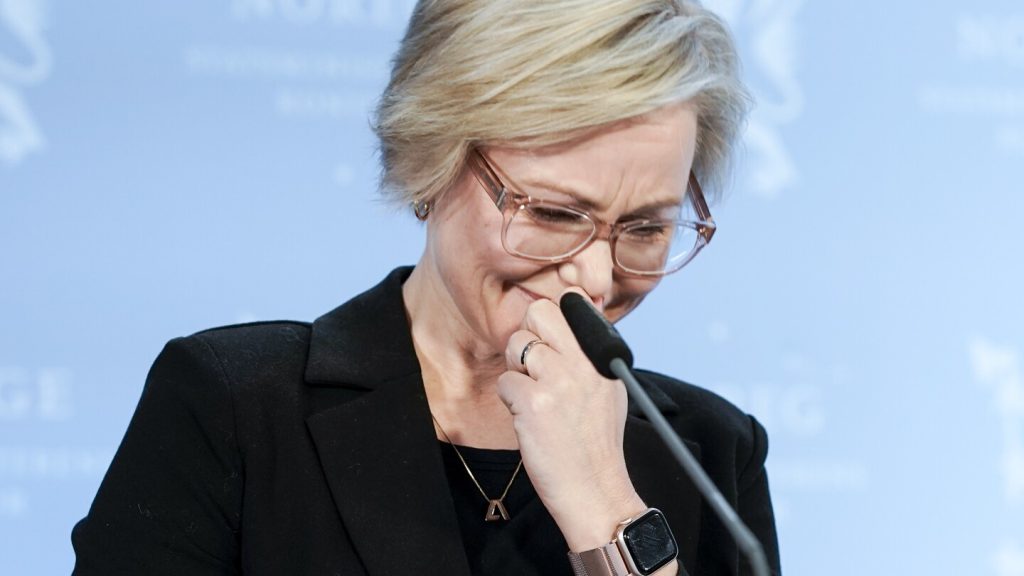Kjerkol’s resignation marks the second incident of a Norwegian government member stepping down this year due to allegations of plagiarizing academic works. The probe by Nord University concluded that there was a significant amount of plagiarism in her master’s thesis, leading Prime Minister Jonas Gahr Støre to announce her resignation. Despite Kjerkol’s denial of intentional plagiarism, she accepted the university’s decision and resigned from her position as health minister. This comes after Sandra Borch resigned in January as minister for research and higher education due to similar allegations of copying parts of her master’s thesis without proper attribution.
The departure of Kjerkol adds to the list of ministers who have resigned from Gahr Støre’s coalition government in recent months. Earlier in September, it was revealed that the husband of former Foreign Minister Anniken Huitfeldt had been trading stocks without her knowledge, potentially causing conflicts of interest. Additionally, the ruling social democratic Labor party suffered a defeat in local elections by the conservative Hoeyre party, marking the first time since 1924 that the Labor party did not come out on top in local elections. With these series of scandals and resignations, the integrity and stability of the Norwegian government have come under scrutiny.
The issue of plagiarism among government officials raises concerns about ethics and integrity within the political sphere. The string of resignations due to academic misconduct suggests a lack of accountability and transparency among Norwegian politicians. As allegations of plagiarism continue to surface, it calls into question the credibility and credibility of those in power. The public’s trust in the government may be eroded as a result of these controversies, leading to a need for stricter measures to ensure ethical conduct among government officials.
In light of these recent developments, Prime Minister Gahr Støre faces the challenge of restoring public confidence in his government. With multiple ministers resigning over various scandals, Gahr Støre must take decisive action to address issues of misconduct and uphold the principles of integrity and accountability. The coalition government’s ability to govern effectively and maintain public trust will be crucial in navigating the ongoing political turbulence and restoring stability in Norwegian politics. Moving forward, it remains to be seen how the government will address these challenges and rebuild its credibility in the eyes of the Norwegian people.
The resignations of Kjerkol and other government members highlight the importance of upholding academic standards and ethical conduct in public office. Plagiarism scandals not only tarnish the reputation of individual politicians but also reflect poorly on the government as a whole. As calls for transparency and accountability grow louder, Norwegian officials must demonstrate a commitment to integrity and honesty in their actions. The government’s response to these issues will be closely scrutinized by the public and serve as a test of its commitment to ethical governance. Ultimately, the impact of these scandals on Norwegian politics will depend on how effectively the government addresses the root causes of misconduct and works to rebuild trust with the electorate.


